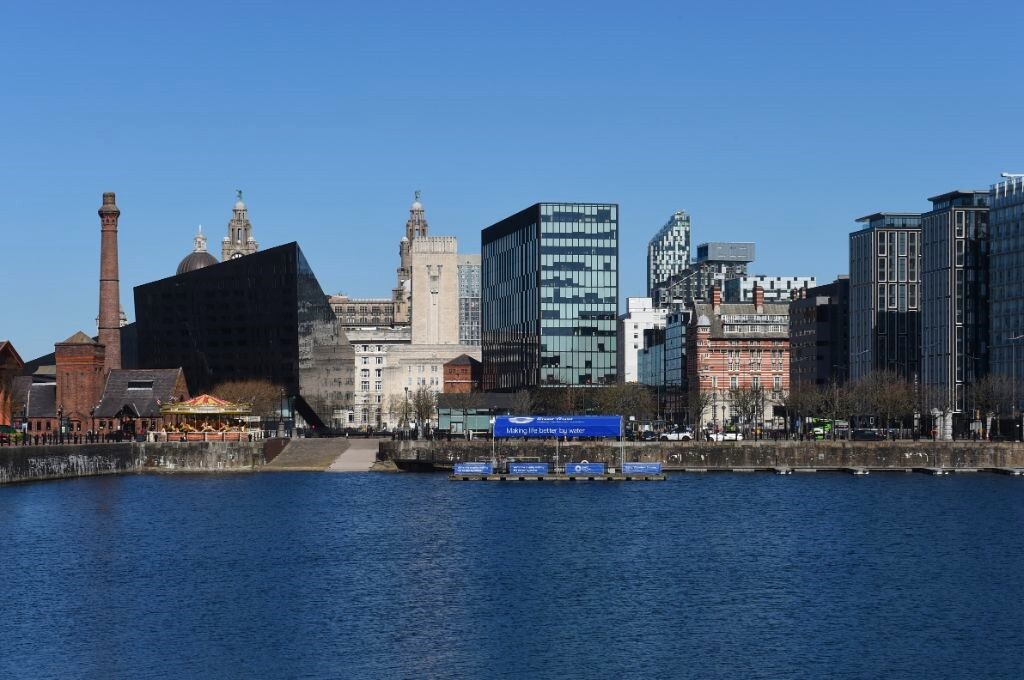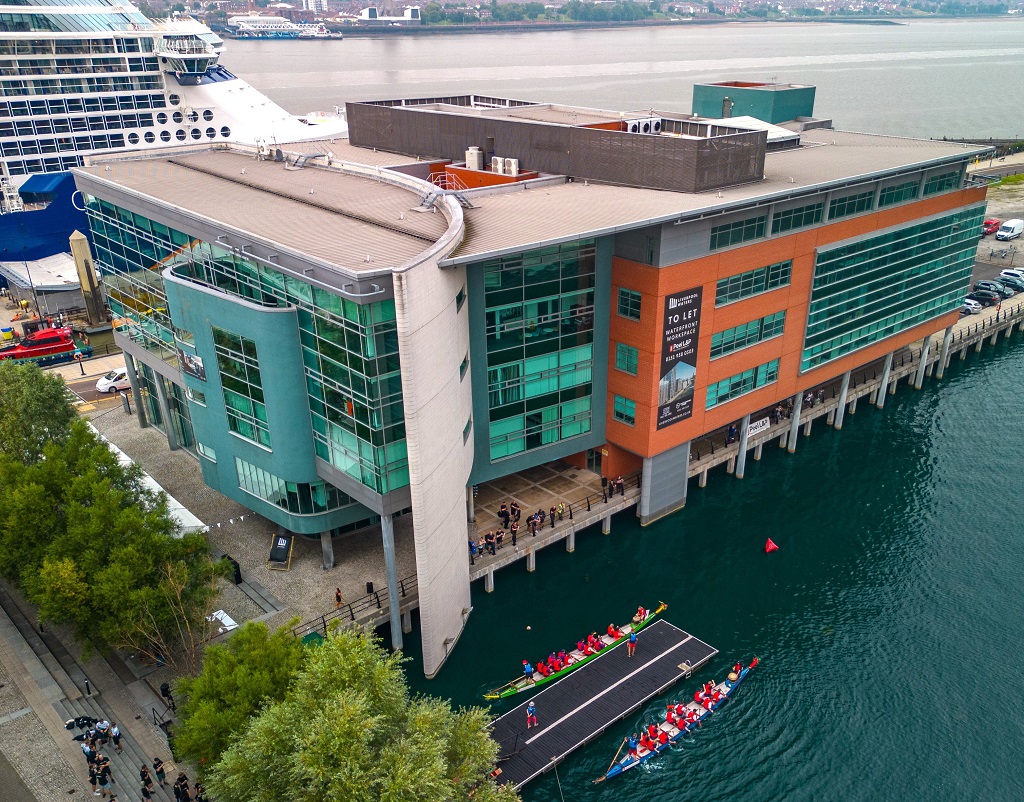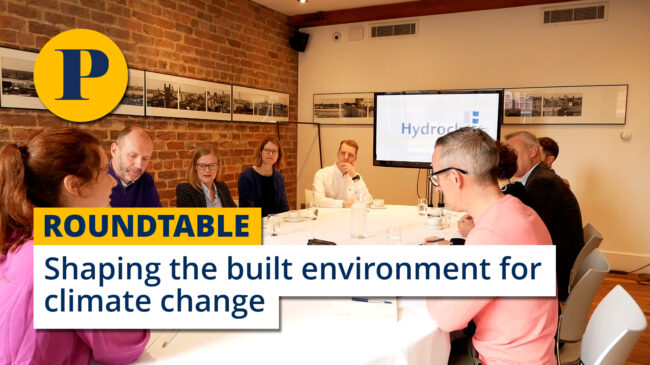Liverpool secures £4m greener roads funding boost
The Department for Transport has awarded the local authority money to improve the city’s recycling infrastructure and help to decarbonise its roads.
Working in partnership with contractor Colas and Liverpool John Moores University in the research and development phases, the council will create an ‘Ecosystem of Things’ which will analyse every step, from the fuel used on the roads to the deployment of innovative materials technology.
Possible materials that could be explored include asphalt made from grass cuttings and ‘carbon capturing’ cement.
The £4m funding will be invested across three pilot schemes in the north, south, and east of the city. These tests will explore the best approaches to improve the city’s carbon footprint. The exact locations will be decided later, according to the city council.
Local highways contractors Colas, Dowhigh and Huyton Civils will deliver the pilot schemes. Structural engineers will be provided via the contractors.
Academic support will be provided by The Novel & Bio-Based Materials Research Team at LJMU.
The money for the scheme comes from the Department for Transport’s £30m Live Labs 2: Decarbonising Local Roads competition, organised by The Association of Directors of Environment, Economy, Planning & Transport.
Karen Agbabiaka, Liverpool City Council’s interim chief highways officer, said: “The funding from Live Labs is a fantastic vote of confidence in our plans to use the latest technology to transform how we reduce the carbon footprint of our roads…
“This project will unite the city’s academic and construction prowess and show Liverpool can be truly world-leading on providing solutions on the climate change agenda.”
The project is set to run for three years, starting in spring or summer.
Mark Kemp, president of ADEPT, said: “Live Labs 2 has a huge ambition – to fundamentally change how we embed decarbonisation into our decision-making and to share our learning with the wider sector to enable behaviour change.
“Each project will bring local authority-led innovation and a collaborative approach to create a long-lasting transformation of business as usual.”
The decarbonisation scheme is considered a key element in Liverpool’s drive to achieve net-zero status by 2030. It complements a number of the city council’s existing efforts, such as the installation of LED street lights, a network of cycle lanes, and an increasing number of on-street EV charging points.
Liverpool is one of seven local authorities to receive funding from the programme. It will work with Cornwall, Devon, Hampshire, and Somerset, to share intelligence and insights from their respective projects.
Cllr Dan Barrington, Liverpool City Council’s cabinet member for climate change and highways, said: “By working together with our partners, both in Liverpool and with the Live Labs consortium, we have the scope to save the public purse millions and millions of pounds but more importantly it will also enable us all to take a big step in our fight to tackle climate change.”




